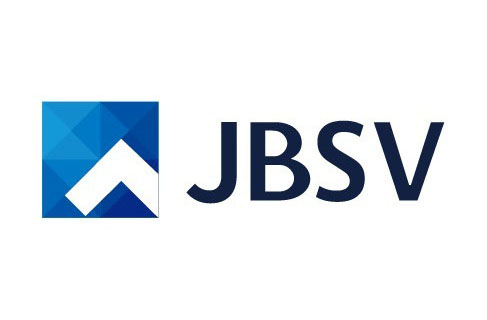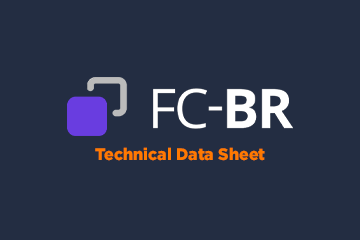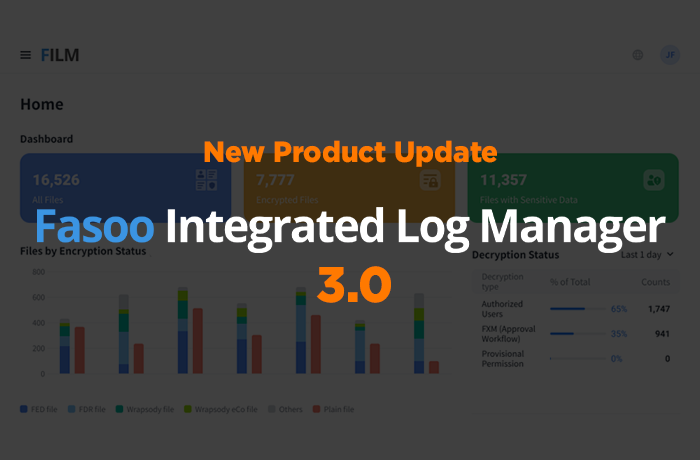
Jun 3, 2024
- Jun 5, 2024
@ Gaylord National Resort & Convention Center, National Harbor, MD

Jun 3, 2024
- Jun 5, 2024
@ Gaylord National Resort & Convention Center, National Harbor, MD

BETHESDA , MD, USA, April 8, 2024 /EINPresswire.com/ Fasoo, a global pioneer in data-centric security and...

May 29, 2024
- May 30, 2024
@ New York Marriott Marquis, New York, NY

May 30, 2024
@ InterContinental Hanoi Landmark72

Following a briefing by Ron Arden, Eric Newcomer of Intellyx wrote a post about Fasoo and...

Secure your data, empower your team, and embrace the future with Egnyte and Fasoo. Transform your...

This new video shows how Fasoo extends security and governance inside Egnyte. Learn how our data-centric...

SEOUL, SOUTH KOREA, March 11, 2024 /EINPresswire.com/ Fasoo, a K-Pop star in the data-centric security space,...

Ransomware Attacks and Data Loss… prevent and treat them all at once with Fasoo Content Backup...

Organizations use and store many types of data. Some of it is high value containing business-critical...

Cyber threats continue to explode as hackers become more sophisticated. The Chinese government has taken hacking-for-hire...

BETHESDA, MD, USA, February 21, 2024 /EINPresswire.com/ — Fasoo, a leader in data-centric security, is pleased...
Find out what Fasoo can do for you

This website uses cookies so that we can provide you with the best user experience possible. Cookie information is stored in your browser and performs functions such as recognising you when you return to our website and helping our team to understand which sections of the website you find most interesting and useful.
This website uses Google Analytics to collect anonymous information such as the number of visitors to the site, and the most popular pages.
Keeping this cookie enabled helps us to improve our website.
Please enable Strictly Necessary Cookies first so that we can save your preferences!